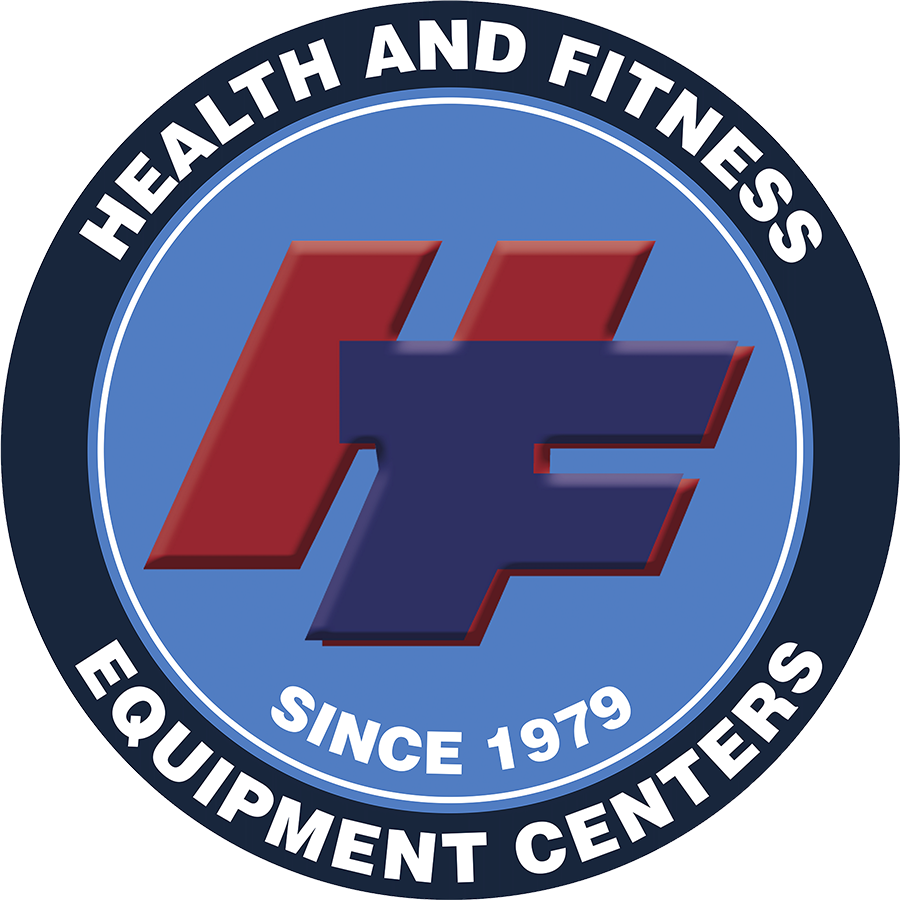HINTS FOR REACHING MY GOALS
CARDIO TRAINING: PACE/TEMPO
October 19, 2022
PLANNING YOUR ACTIVITY FOR THE WEEK
October 19, 2015
PLANNING MEALS
October 19, 2015
DO I HAVE TO GIVE UP MY FAVORITE COMFORT FOOD?
April 27, 2022
IMPROVING YOUR EATING HABITS
April 27, 2022
CARDIO TRAINING: PACE/TEMPO
October 19, 2022
DO I HAVE TO GIVE UP MY FAVORITE COMFORT FOOD?
April 27, 2022
IMPROVING YOUR EATING HABITS
April 27, 2022
PLANNING MEALS
October 19, 2015
PLANNING YOUR ACTIVITY FOR THE WEEK
October 19, 2015
Categories
My Wish List

